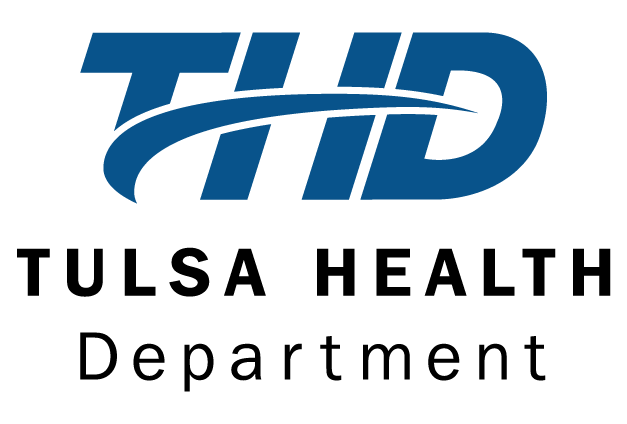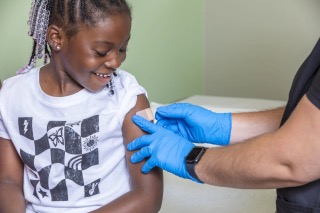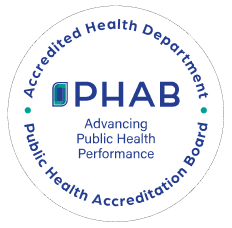TULSA, OK – [August 3, 2018] – Tulsa Health Department officials are investigating recent cases of cyclosporiasis among residents of Tulsa and surrounding counties.
Cyclosporiasis is a diarrheal illness caused by a single-celled parasite called Cyclospora cayetanensis. It is spread by consumption of contaminated food or water, which becomes contaminated after exposure to fecal matter from ill individuals.
As of August 1, 24 laboratory-confirmed cases of cyclosporiasis have been reported; symptom onsets have occurred from June 24 through July 26, 2018. The epidemiologic investigation, in collaboration with the Oklahoma State Department of Health, is ongoing with people currently experiencing illness and new cases being reported.
“We are conducting an investigation to gather as much information as we can,” said Luisa Krug, epidemiology supervisor. “Cyclosporiasis is spread by people ingesting something—such as food or water—that was contaminated with feces, so the best way to protect yourself is to use standard food safety practices like frequent handwashing to prevent the spread of germs, wash items like cutting boards and utensils with soap and hot water, and wash all fruits and vegetables thoroughly under running water before eating, cutting, or cooking.”
The time between becoming infected and becoming sick is usually about 1 week. The main symptom is watery diarrhea lasting a few days to several weeks. Additional symptoms may include loss of appetite, weight loss, bloating, stomach cramps, nausea, vomiting, muscle aches, and fatigue. Symptoms may come and go multiple times over a period of weeks or months. Weight loss can be significant (exceeding 20 pounds in some cases). Some infected persons may not have any symptoms.
“Anyone with symptoms that could be related to Cyclospora should contact their health care provider for treatment,” said Krug. “Because it takes about a week for symptoms to appear, it presents a challenge when trying to trace the source. If you are experiencing symptoms, we encourage you to contact your health care provider first and then retain items like receipts from recent food purchases. That will help us identify common food items that could lead to the source of the contamination.”
Most people who have healthy immune systems will recover without treatment. If not treated, the illness may last for a few days to a month or longer. The recommended treatment is antibiotics. People who have diarrhea should also rest and drink plenty of fluids. No vaccine for cyclosporiasis is available.
People living or traveling in tropical or subtropical regions of the world may be at increased risk for infection because cyclosporiasis is endemic in some countries in these zones. In the United States, foodborne outbreaks of cyclosporiasis have been linked to various types of imported fresh produce.
Health care providers should promptly report laboratory-confirmed cases so that public health officials can investigate them and attempt to determine the source in order to prevent future cases. Lab-confirmed cases with onsets since June 1 should be reported to the OSDH epidemiologist-on-call at (405) 271-4060 or via the Public Health Investigation and Disease Detection of Oklahoma (PHIDDO) system.
Click here to view a Cyclosporiasis fact sheet from the Centers for Disease Control (CDC). View en espanol.
About Tulsa Health Department
Since its establishment in 1950, the Tulsa Health Department serves as the primary public health agency to more than 600,000 Tulsa County residents, including 13 municipalities and four unincorporated areas. The agency is one of two autonomous local health departments in Oklahoma, with statutory public health jurisdiction throughout Tulsa County and the City of Tulsa. THD’s mission is to improve the health and well-being of all Tulsa County residents, in order to make Tulsa County the healthiest county in the country. THD was among the first health departments in the U.S. to receive national accreditation through the Public Health Accreditation Board. For more information, please visit www.tulsa-health.org.






